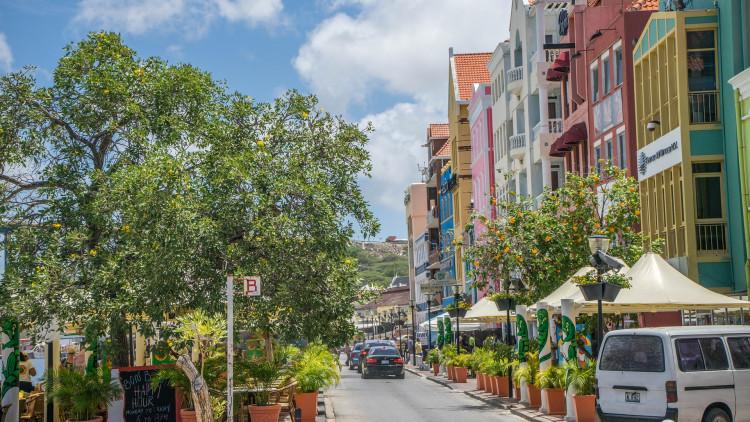Students from the Caribbean may get a social security number faster

Not all international students know that the Kingdom of the Netherlands extends to the countries of Aruba, Curaçao, and Sint Maarten, as well as the cities of Bonaire, Sint Eustatius, and Saba, all located in the Caribbean. This means that people born there are Dutch citizens, too – and many of them (around 1,600 a year, to be more exact) come pursue their higher education in the Netherlands.
Last year, the national ombudsman denounced that young people from the islands often have a hard time when they come to study in the Netherlands. They have to deal with prejudice, language deficiencies, and a series of hassles regarding formalities like medical insurance and opening a bank account, as they have no social security number and no DigID, the digital ID required to access public services in the country. In September, the Ministry of Education promised to work at improving matters.
The law is to be changed so as to allow the BSN to be introduced on the islands of Bonaire, Sint Eustatius and Saba. However, this process could take years and would not provide a solution for the independent countries of Aruba, Curaçao and Sint-Maarten. Political parties PvdA and D66 asked in a motion if there is anything the government can do to speed things up, and it looks like there is.
DUO
The Minister of Education, Robbert Dijkgraaf, and the State Secretary for Kingdom Relations, Alexandra van Huffelen, are verifying whether the Education Executive Agency (Dutch acronym: DUO) can use its capacity as the "competent administrative authority" to issue social security numbers to all students in the Dutch Caribbean. The minister stated he will know that for sure in May, with a decision being taken the following month. The change would then be put through by a general administrative order, which is a much quicker process compared to a legislative amendment.
PvdA and D66 also advocated a sort of Erasmus grant for students from other parts of the kingdom. With an Erasmus grant from the European Union, local students can go to countries like Spain or Italy, but not to the Caribbean part of the Netherlands. So, can't the Dutch government create a specific grant for that purpose?
Dijkgraaf replied that it is indeed “paradoxical” that students can go to other countries but not to the islands to the Netherlands and vice-versa. He remained cautious about the topic, however, adding that the capacity for higher education on the islands is limited.
Grant
There is a steering group dedicated to the educational success of Caribbean students, led by Ron Bormans, Chair of the Rotterdam University of Applied Sciences. This steering group gives advice to the four ministers of Education from the kingdom, namely in the Netherlands, Aruba, Curaçao and Sint-Maarten. Dijkgraaf assured the House that he will draw the attention of this steering group to the "Kingdom mobility programme".
What about the high student debt with which Caribbean students are burdened? Dijkgraaf kept his cards close to his chest, but said he would “gladly” write a letter on the approach and state of affairs.